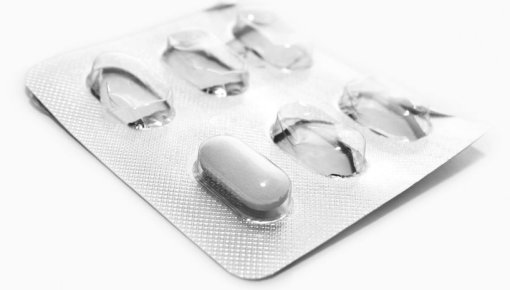Using antibiotics correctly and avoiding resistance

Antibiotics are one of the great discoveries in modern medicine. They fight bacteria and can cure life-threatening infectious diseases such as pneumonia, for which there was previously no effective treatment. But the improper use of antibiotics means that more and more bacteria are becoming resistant to this kind of medication. So it is especially important to use them correctly.
Antibiotics can save lives, but they also relieve symptoms of bacterial infections and help us recover faster. But treatment with antibiotics also has side effects. Nausea or diarrhea are common, for example.
Antibiotics are also used far too often, and improper use is fairly widespread. This has caused many different types of bacteria to become resistant (unresponsive) to antibiotics. Because resistance has become more common, many diseases cannot be treated as well as they could in the past.
When using antibiotics, it's important to know the following things to prevent resistance and side effects:
- Antibiotics only fight bacteria. Many infections are caused by viruses and can't be treated using antibiotics – examples include respiratory illnesses such as a cough, stuffy nose, bronchitis or the flu.
- Excessive and improper use of antibiotics causes side effects, and in the long term reduces their effectiveness.
